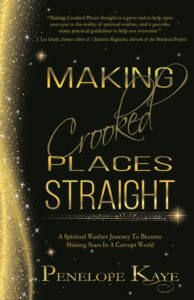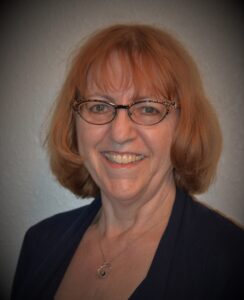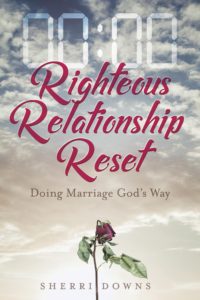 IT’S STRANGE HOW the journey of life moves us through various circumstances so that a story might impact us one way at one point in our life and as we turn a corner, it suddenly meets us once again to impact us in an entirely different way.
IT’S STRANGE HOW the journey of life moves us through various circumstances so that a story might impact us one way at one point in our life and as we turn a corner, it suddenly meets us once again to impact us in an entirely different way.
When I wrote Broken Heart on Hold, I tell the story of walking on the beach and envisioning what it would be like to take that walk into eternity at the end of my life, the sun streaming down upon me, the light guiding me home to be with Jesus. In Broken Heart on Hold, it was about how that walk would be my own; no one would go with me, but the decisions I made in the pain of my circumstances could impact my eternal future. Would I walk toward Jesus or away from Him? Would I let bitterness engulf me or allow God to carve out a space in my heart for Him to dwell?
Today, I think of that story again because my husband has now made that final journey. He went to be with the Lord on December 13. It was his own walk into eternity. And no matter what had happened between us, how close we were or weren’t, he went alone. It was between him and God. It was heart-wrenching for me, but for him I imagine it was glorious.
I think back to that time when he and I were separated, when life was in chaos, when the decisions each of us made not only affected the relationship between us, but also the relationship each of us had with God. It was a painful time, but I thank God that the steps each of us made enabled us to emerge from those circumstances, tasting a victory that drew us closer to God and each other.
Now he is home with Jesus. Although we walked together for another 25 years after we restored our marriage, I couldn’t be with him on that final journey. It was his alone. And I try to picture it in my mind. His meeting Jesus. That moment of jubilation when the earthly cares of this world were fading behind and the glory stretched out before him. His last days were hard, but they were permeated with the sweetness of God as I saw his heart swell more and more with an expanding tenderness and love for others. The last words he struggled to say to me before he was no longer able to communicate were, “I love you.”
He fought the good fight. He finished the race. He kept the faith. (2 Timothy 4:7) I will miss him terribly, but I know he is safe in the arms of Jesus and one day I will see him again.
Marvin Rooks passed into the arms of Jesus on December 13, 2023, leaving behind his wife Linda, daughters Julie and Laura and 5 grandchildren. Marv’s optimism, enthusiasm, sense of humor and dedication to family and friends will be greatly missed by the many people who loved him. (You can read his official obituary here:
The story referred to above can be found on Page 136 of my book, Broken Heart on Hold, a book that has encouraged many people during a time of marital upheaval.
To my subscribers: Because of what I’ve written here about my husband’s final journey home, I’m sure you now understand why my blog posts have lately been infrequent. My heart is heavy even as I write this. It’s hard to see the reality in print. As I reflect on this new season of my life, don’t be surprised if future posts contain bits of reflection on how losing a spouse can affect a person’s perspective on marital situations in the past. Thank you for your prayers as I begin this new journey.





 WE LIVE IN a challenging world. Temptations surround us. We struggle with what is right and what is wrong. When things work out differently than what we wanted and expected, we’re confused and overwhelmed. Where does this chaos come from? In her book,
WE LIVE IN a challenging world. Temptations surround us. We struggle with what is right and what is wrong. When things work out differently than what we wanted and expected, we’re confused and overwhelmed. Where does this chaos come from? In her book, 









